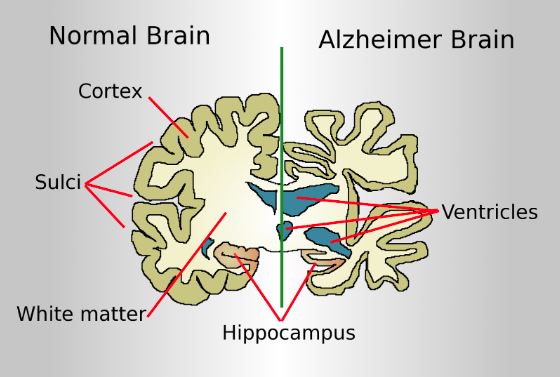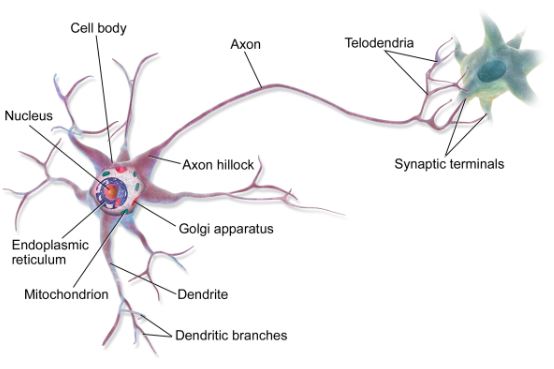Indian study may help better manage Alzheimer’s
Context
A team of researchers at the Bengaluru-based Indian Institute of Science (IISc) has developed a GPU-based machine learning algorithm that promises to help identify early signs of aging or deterioration of brain function before they manifest behaviourally in Alzheimer’s patients.
What is Alzheimer’s disease?
- Alzheimer's disease is a progressive neurologic disorder that causes the brain to shrink (atrophy) and brain cells to die.
- Alzheimer's disease is the most common cause of dementia — a continuous decline in thinking, behavioral and social skills that affects a person's ability to function independently.
- Signs: The early signs of the disease include forgetting recent events or conversations.
- As the disease progresses, a person with Alzheimer's disease will develop severe memory impairment and lose the ability to carry out everyday tasks.
Treatment
- There is no treatment that cures Alzheimer's disease or alters the disease process in the brain. In advanced stages of the disease, complications from severe loss of brain function — such as dehydration, malnutrition or infection — result in death.
Understanding brain connectivity
- Millions of neurons fire in the brain every second, generating electrical pulses that travel across neuronal networks from one point in the brain to another through connecting cables or “axons”.
- The axons are like information highways.
- Bundles of axons are shaped like tubes, and water molecules move through them, along their length, in a directed manner.
- A type of scan called diffusion Magnetic Resonance Imaging (dMRI) is used to track these movements.
- However, the data obtained from the scans only provide the net flow of water molecules at each point in the brain which is not enough to pinpoint the connections.



